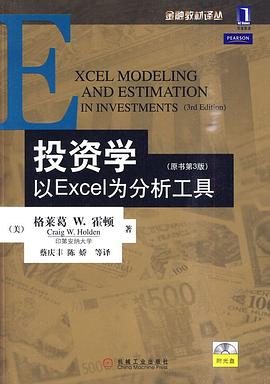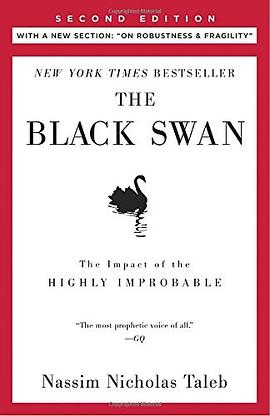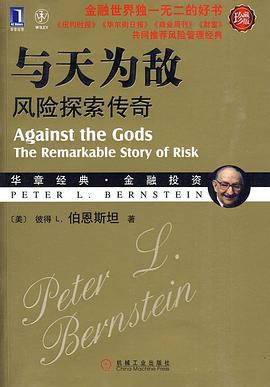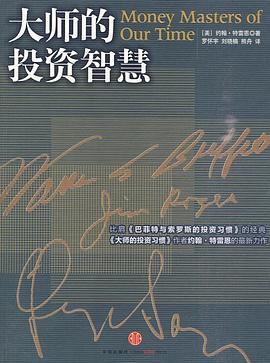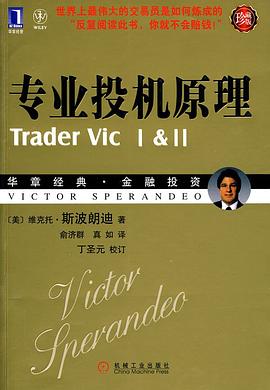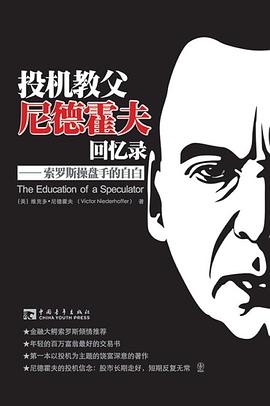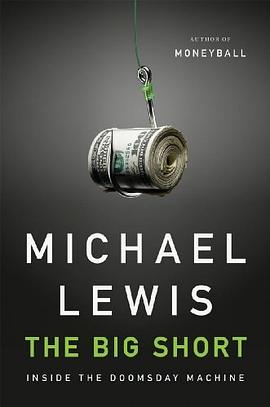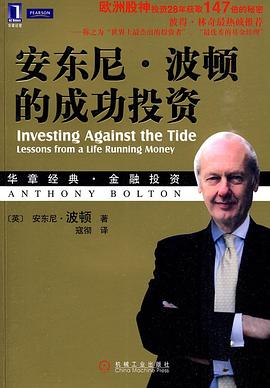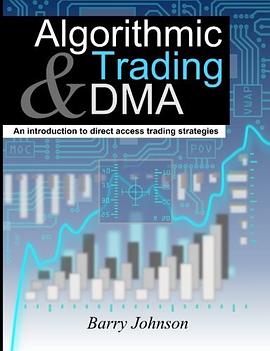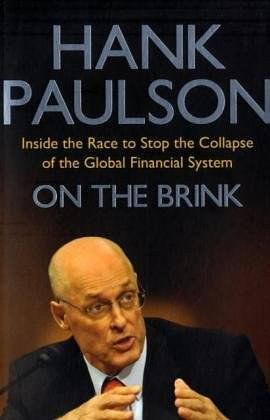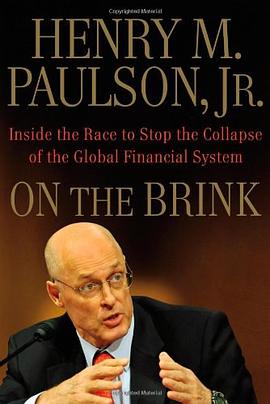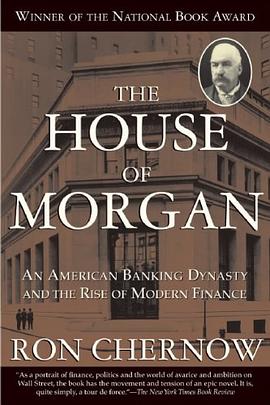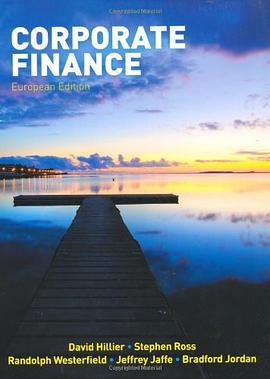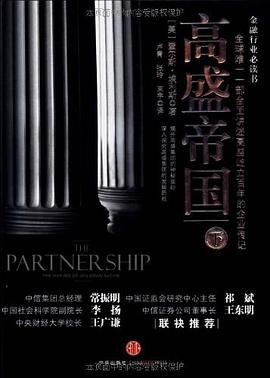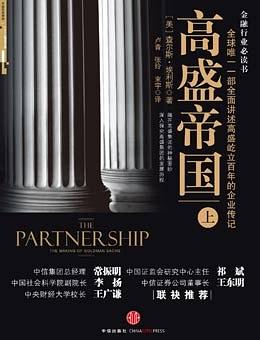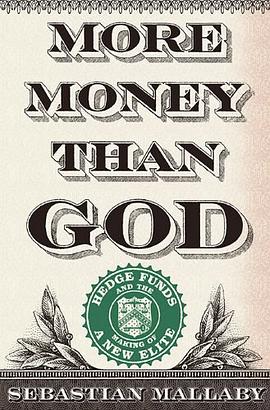

具體描述
The first authoritative history of hedge funds-from their rebel beginnings to their role in defining the future of finance.
Based on author Sebastian Mallaby's unprecedented access to the industry, including three hundred hours of interviews, More Money Than God tells the inside story of hedge funds, from their origins in the 1960s and 1970s to their role in the financial crisis of 2007- 2009.
Wealthy, powerful, and potentially dangerous, hedge fund moguls have become the It Boys of twenty-firstcentury capitalism. Ken Griffin of Citadel started out trading convertible bonds from his dorm room at Harvard. Julian Robertson staffed his hedge fund with college athletes half his age, then he flew them to various retreats in the Rockies and raced them up the mountains. Paul Tudor Jones posed for a magazine photograph next to a killer shark and happily declared that a 1929- style crash would be "total rock-and-roll" for him. Michael Steinhardt was capable of reducing underlings to sobs. "All I want to do is kill myself," one said. "Can I watch?" Steinhardt responded.
Finance professors have long argued that beating the market is impossible, and yet drawing on insights from physics, economics, and psychology, these titans have cracked the market's mysteries and gone on to earn fortunes. Their innovation has transformed the world, spawning new markets in exotic financial instruments and rewriting the rules of capitalism.
More than just a history, More Money Than God is a window on tomorrow's financial system. Hedge funds have been left for dead after past financial panics: After the stock market rout of the early 1970s, after the bond market bloodbath of 1994, after the collapse of Long Term Capital Management in 1998, and yet again after the dot-com crash in 2000. Each time, hedge funds have proved to be survivors, and it would be wrong to bet against them now. Banks such as CitiGroup, brokers such as Bear Stearns and Lehman Brothers, home lenders such as Fannie Mae and Freddie Mac, insurers such as AIG, and money market funds run by giants such as Fidelity-all have failed or been bailed out. But the hedge fund industry has survived the test of 2008 far better than its rivals. The future of finance lies in the history of hedge funds.
著者簡介
塞巴斯蒂安•馬拉比
保羅•沃爾剋時期對外關係委員會國際經濟高級研究員,《華盛頓郵報》的專欄作傢。
他在《經濟學人》雜誌工作瞭13年,在《華盛頓郵報》編委會工作瞭8年,主要專注於經濟全球化和政治經濟領域。
他的著作包括2004年齣版的《世界銀行傢》(The World’s Banker)和1992年齣版的《後種族隔離時代》(After Apartheid),兩本書均入選《紐約時報》推薦書目。
圖書目錄
讀後感
当时是伦敦早晨八点二十,我坐在133路公交车上,在针线街(Threadneedle Street)。一个小时前我出门上班,公交换火车换公交,居然我不感到累;还有十分钟就到公司开始实习,我居然不感到焦躁。我全神贯注地在读手里的书,《富可敌国:对冲基金与新精英的崛起》(More Money Than...
評分豆瓣上对这本书的评价很多都是肤浅的,没有做过股票或者杠杆交易(期货外汇等等),同时缺乏基本的政治经济常识。比如索罗斯做空英镑的交易的思路是欧洲共合体在利率政策上的不同跟汇率稳定机制之间的矛盾。对冲基金袭击的就是汇率稳定机制,那么交易员就需要考虑几个问题: 1...
評分中国投资的对冲时代 文/刘震 易方达基金管理有限公司指数与量化投资部总经理 2010年6月13日,美国大陆航空纽约至北京的CO89航班上,我翻阅着刚在机场买的《华尔街日报》。无意间一篇周六特稿的题目吸引了我:《学习热爱对冲基金》,作者是塞巴斯蒂安•马拉比。从2007年为Bre...
評分1. 如果要简单概括hedge fund特点,书中提到的combination of hedging and leverage最恰当不过了。虽然现在一部分hedge fund并不这么做,但不得不承认A.W.Jones这个想法开创了这个行业。(Page 2) 2. 我很喜欢作者去掉h变成edge fund的说法。这个edge就像所谓的“秘制酱料”,...
評分用戶評價
對瞭解對衝基金曆史非常有幫助。最後一章感覺像是對衝基金的自我洗白。
评分A highly impressive illustration of the hedge fund industry, its starting point, its development, its gurus, as well as their successes and failures. The authour is of the opinion that hedge funds, as "small-enough-to-fail" institutions, effectively absorb more risk from the market than they create, and therefore should be allowed to flourish.
评分對瞭解對衝基金曆史非常有幫助。最後一章感覺像是對衝基金的自我洗白。
评分巨話嘮...爛書勿買
评分迄今為止看過最好的關於對衝基金的書。半個多世紀以來,對衝基金逐漸發展,隨著經濟跌宕起伏。作者不僅講述瞭精彩的故事,還有一定程度的理論介紹。邏輯清晰,文筆優美。
相關圖書
本站所有內容均為互聯網搜索引擎提供的公開搜索信息,本站不存儲任何數據與內容,任何內容與數據均與本站無關,如有需要請聯繫相關搜索引擎包括但不限於百度,google,bing,sogou 等
© 2025 book.quotespace.org All Rights Reserved. 小美書屋 版权所有

